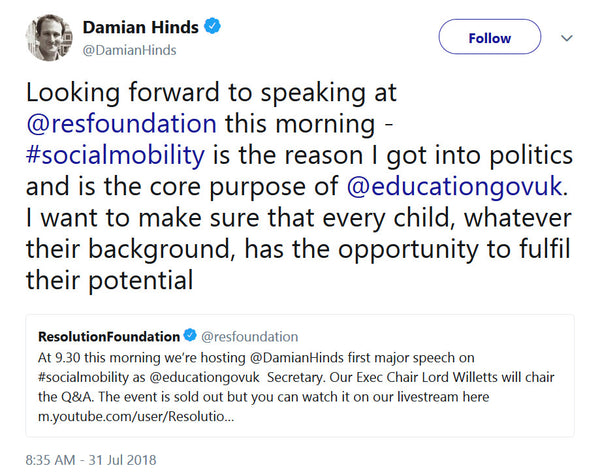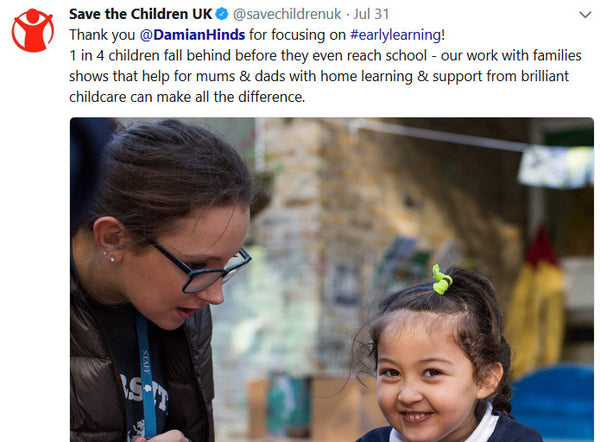Benefits of Creative Story Writing with Play
Creative Story Writing with Play sessions offer amazing opportunities for parents and carers to talk, play and learn with their children. Parents and carers usually say that at home they get very little free time to sit down and play with kids.
Lego building or modelling clay provides a wonderful opportunity to be creative together with kids because chatting together while making things and telling stories is a great way to bond. Our team provides simple templates to capture the results in writing. Photographs of the beautiful artefacts created by parents, carers and children capture the moment.
What are the benefits of talking? According to research, talking with children in the first three years of life builds the brain structure that is required to support literacy and thinking skills later in life. Talking with play builds trust and teaches how to deal with emotional and physical needs and interacting with others positively. These skills are important for success at school and in life.
Creative Story Writing with Play benefits kids and their parents and carers. Children feel valued, loved and connected. Talking and listening is beneficial for adults, too, because it helps in building close relationship.
Education Secretary's Literacy Interventions
The Daily Mail newspaper reported recently - in July 2019 - that the Education Secretary Damian Hinds was urging parents: "to put down their smartphone and talk to their children to help youngsters develop literary skills”.
Mr Hinds had said:
“There's more distraction for everybody. People are on their phones, they're on their tablets – that is no substitute for good old-fashioned building games and reading together.”
The online article goes on to point out that research by Oxford University Press has found that half of five-year-olds in some schools are behind in their language skills, with disadvantaged children disproportionately affected.
The researchers found that when pupils arrive unable to understand basic phrases, they find it much harder to follow commands, make friends and learn to read. In the long term, weakness in English communication skills can lead to low confidence, underachievement and poor behaviour.
Furthermore, a study by the National Literary Trust found one in eight of the most disadvantaged children did not own a book.
Talking is vital for the development of healthy and successful children. By calling attention to this point obviously the Education Secretary is making a valid point. This was not the first time he commented on children’s literacy skills.
Almost a year ago, DfE tweeted on July 31, 2018 that Damian Hinds was giving a keynote speech on social mobility at the Resolution Foundation headquarters in Westminster. CCHQ had prepared a press release on Damian Hinds’ 'home learning environment':

The secretary would be saying that he was “pledging to halve the number of children starting school without the early speaking or reading skills they need by 2028”:

News outlets reported that the government was pledging to halve the number of children starting school without the early speaking or reading skills they need by 2028. The speech was reported in the press and covered on social media by various stakeholders:

The government web site where the speech was posted provides the context for the quotations cited by the media. In fact, there was interesting detail packed into the Education Secretary’s speech:
“Because when you’re behind from the start you rarely catch up, because, of course, your peers don’t wait, the gap just widens and this has a huge impact on social mobility.
On average, disadvantaged children are four months behind at age five. That grows by an additional six months by the age of 11, and a further nine months by the age of 16.
So, by the time they take their GCSEs they are, on average, 19 months behind their peers.”
(Source: https://www.gov.uk/government/speeches/education-secretary-sets-vision-for-boosting-social-mobility)
The Guardian wrote that the Education Secretary wanted “to harness technology so parents can do more to help their children’s early language development”.
The Telegraph added that Damian Hinds’ “comments follow research that shows that more than a quarter of four-and-five-year-olds lack the early communication and literacy skills expected by the end of reception year”. They also linked the Education Secretary’s speech to an Ofsted statement regarding children who start school without being able to communicate properly or even use the toilet.
In June of that year the head of Ofsted had stated that “aged four some children have less than a third of the English vocabulary of their peers”.
Both The Telegraph and the Guardian newspapers pointed out that children with a poor vocabulary aged five are more than twice as likely to be unemployed at age 34 as children with good vocabulary.
Relevance of the Interventions to Community Learning
If the Education Secretary’s calculations are correct, there exist 19 months of difference among students who are in the same classroom during their GCSE year at school.
A school year is about 36 weeks, not counting the holidays and term breaks. And 36 weeks is equal to 9 months. So, these children that the secretary of state was referring to are more than 2 school years behind their peers, since 19 months would make 2.1 years according to this calculation.
If you were a school teacher, you would be teaching children whose understanding of the subjects they are studying is so varied that you would have to provide them with completely different resources on the same subject. These children would be sitting in the same classroom, but the level of their contribution would be so varied that any discussion would have to be moderated to ensure that all points of view are understood.
And, what happens to the children who were left behind and what about their families? Would they understand what happened, that these GCSE students had been left behind?
In his speech Mr Hinds added the following:
“It’s command of language, being able to express ourselves effectively, that is the gateway to success in school – and later on into later life.”
According to a 2008 survey, reported in Multilingual Britain published in 2013 by the British Academy and Cumberland Lodge, a language other than English was the language spoken at home with nearly 45% of the primary school population and over 35% in secondary education in London. The average in England was 15% in primary education and 11% in secondary. Over 40 languages were spoken by more than 1000 pupils in London schools.
Multilingual Britain highlights the following points:
- The UK’s multilingualism is an asset and a resource, but is not fully valued
- More data is needed to understand fully the nature and extent of multilingualism in the UK
- Businesses and public service providers would benefit if community languages were harnessed in a systematic and constructive way
- Multilingualism has direct implications for social cohesion.
Does Mr Hinds’ social mobility speech take into consideration multilingualism as ‘an asset and a resource’? Will Mr Hinds’ interventions inspire ways to support multilingual children’s literacy skills in the English language? Is he silent about the fact that the UK education system may be failing children who are multilingual or come from multilingual families? Is he offering ways of supporting children who may be falling behind because they and their families are multilingual?
He is offering facts and educational statistics that the public and families need to know. Multilingual families especially need to become aware of the risk that their children may fall behind their peers because of their English language skills.
And, technology is an important part of life. There are countless services that can only be accessed by using the internet. On the one hand parents and carers are encouraged to become computer and internet literate and on the other hand they are being warned about using technology instead of talking with their kids.


